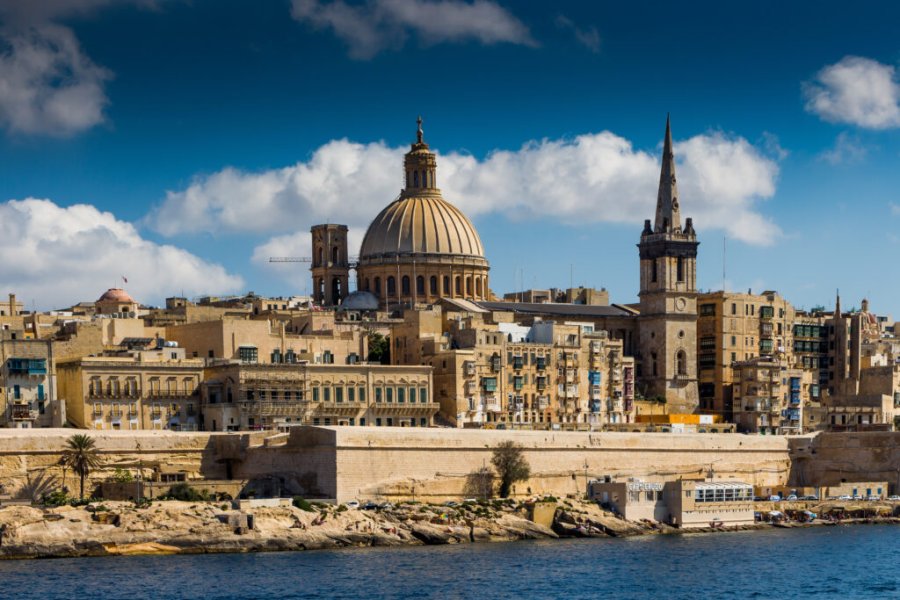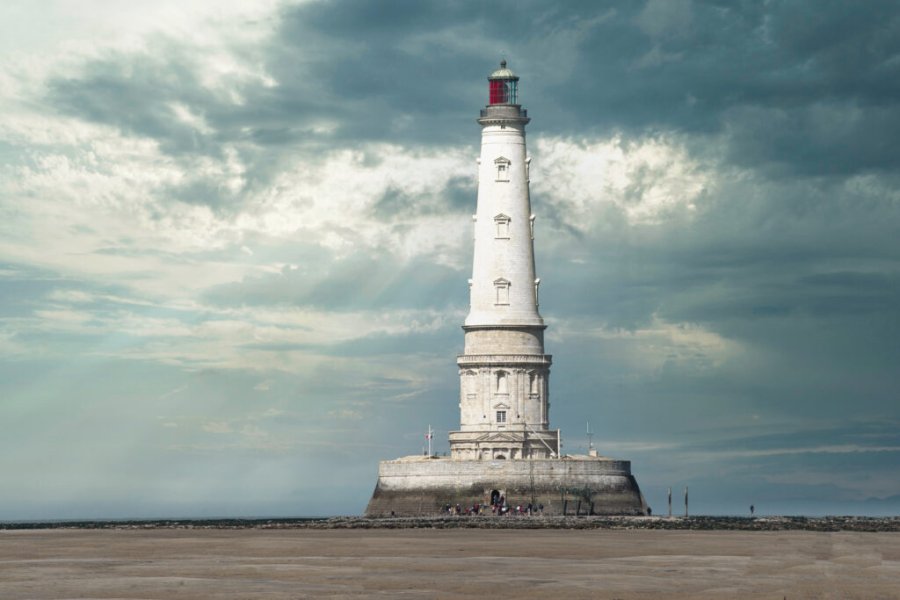Travel Guide Mongu
Find an accommodation
Advertising
The capital of the Western Province and the most important town in Barotseland, Mongu seems to hang over the vast plains of the Zambezi. It is a bustling town along its main street lined with numerous stores, guesthouses and a Shoprite store. The town center is at the crossroads of the roads leading to Lusaka and Senanga. Near the harbor, a picturesque collection of thatch and reed buildings serves as a shelter for fishermen who come to sell their catch. A boat can be used to reach the surrounding villages. As for the airport of Mongu, it is mainly used by the military and humanitarian workers, many of whom have been in the region in recent years to deal with Angolan refugees.Note that the town is the rallying point for those who come to attend the Kuomboka ceremony and visit the winter and summer palaces of Litunga.Barotseland, a region apart. Often confused with the Western Province, Barotseland actually refers to the flood plains of the upper Zambezi, where the Lozi people came from the Congo in the 17th century. Exploiting with ingenuity the highly fertile lands of the region, the Lozi kingdom, led by its king, Litunga, prospered until the arrival of European missionaries, led by Livingstone. In 1900, the Kingdom of Barotseland obtained the status of British protectorate, which gave it a certain autonomy from the colonial authority of Northern Rhodesia. This allowed the Lozi to preserve, more than any other ethnic group in the country, their strong identity based on centuries-old traditions. However, at the time of independence in 1964, this special status was not taken into account by the new Zambian government and, since then, the Minister of the Barotse Royal Establishment has been calling for a revision of the Constitution that would restore the territorial sovereignty of the Lozi people. For the traveler who ventures onto the floodplains of Barotseland today, the experience will certainly be powerful and will provide a unique opportunity to meet a people of farmers and fishermen whose way of life is only slightly affected by the modern world. The cultural traditions are the most vibrant in Zambia, as evidenced by the extraordinary Kuomboka ceremony. Sadly, this cultural wealth is also accompanied by great economic poverty. Rice and fishing are the main resources of the region, which also produces the best mangoes in the country. The situation could change in the next few years, as a road is being built between Mongu and Angola that could open up the region and provide a gateway to the Atlantic Ocean.
What to visit Mongu?
Suggested addresses Mongu
Weather at the moment
Advertising
Organize your trip with our partners Mongu
Transportation
Book your plane tickets
Car Rental
Boat rental
Accommodation & stays
Find a hotel
Holiday rental
Find your campsite
Tailor-made trip
Immersion travel
Services / On site
Activities & visits
Find a doctor
Find unique Stay Offers with our Partners
Other destinations nearby Mongu
100 km away





